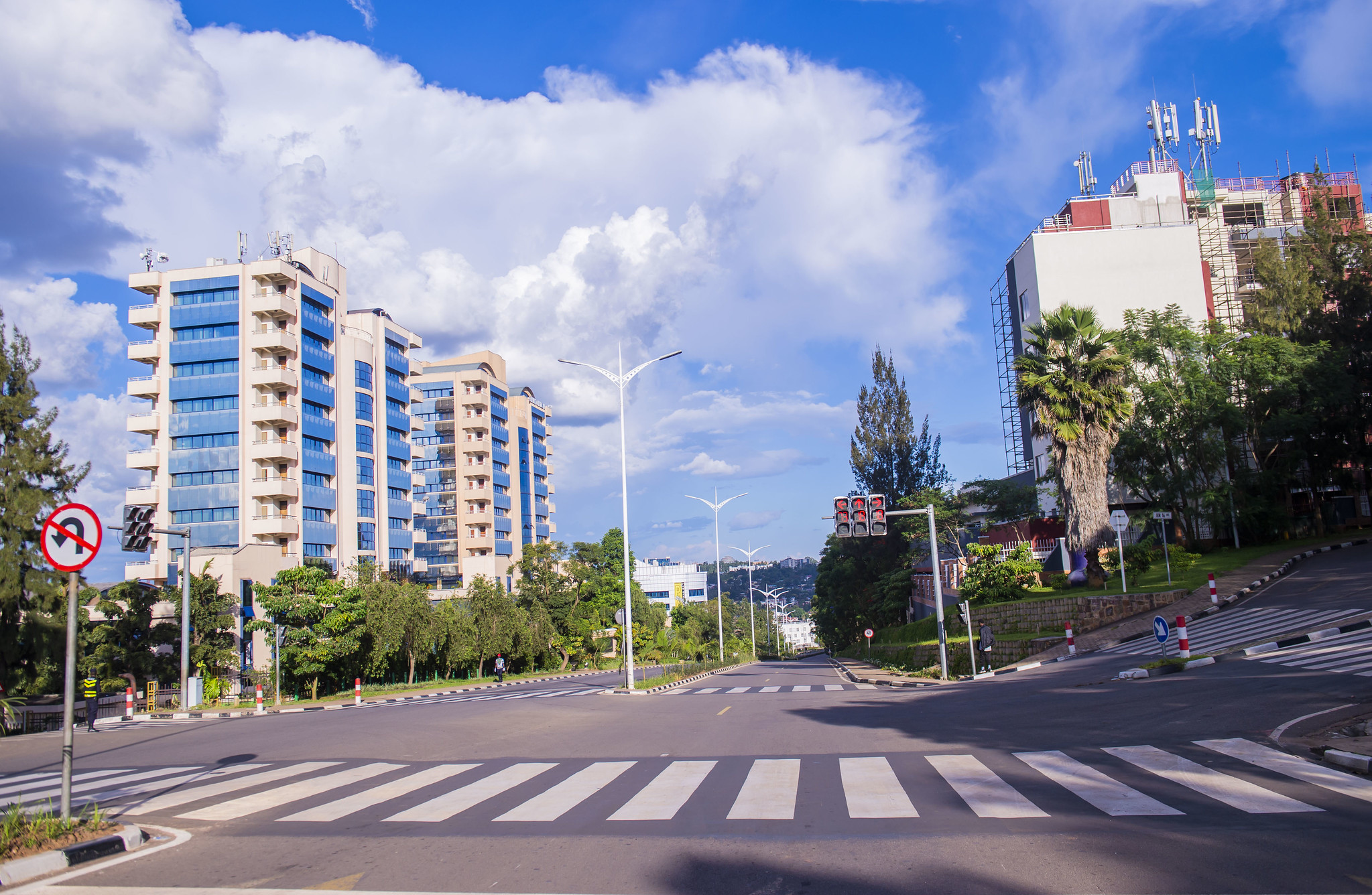

Nearly all countries across the world have taken lockdown measures to fight the highly contagious COVID-19. This proves that no single country is immune to the coronavirus. As such, countries have taken lockdown measures to prevent and halt the spread of this pernicious virus to save lives of people.
This column continues to analyse the COVID-19 pandemic in varied legal lenses.
This time it intends to explore the international legal framework relevant to the prevention of, response to and mitigation of the global public health crisis engendered by the outbreak of the novel coronavirus (COVID-19).
The COVID-19 outbreak continues to evolve rapidly around the world with hundreds of lives sadly lost every single day.
According to Johns Hopkins University, more than a million cases of coronavirus have been registered globally, while nearly 53,000 people have died and more than 210,000 have recovered.
Turning to imposed lockdowns by varied countries across the world, they’re obviously designed to control the spread of the COVID-19, a thing that is evidently continuing to hit us hard, in terms of the psychological toll of physical distancing and self-isolation, or the unprecedented economic impact of this health crisis.
But while the pandemic is still alive and going, it’s quite important to analyse the lawfulness of those measures in light of international human rights law.
How are lockdowns against COVID-19 relevant to the right to life?
Under Article 12, paragraph 1, of the Rwandan Constitution says "Everyone has the right to life”.
Equally, Article 21 provides "All Rwandans have the right to good health.”
The two provisions are demonstrably linked as they express individual’s fundamental right to life and to live a good health.
As such, the Rwandan Constitution places primary responsibility on the State to ensure the realization of all fundamental rights.
Likewise, this fundamental obligation is contained virtually in all national constitutions.
It is no surprise that a crucial legal framework for assessing States’ responses to an epidemic is international human rights law: after all, epidemics show their tangible effect on human beings.
States not only have the supreme function to protect their citizens from entities or events that may harm them but also a binding legal duty to do so, codified in international treaties and crystallized in customary international law.
In particular, it is self-evident that individuals’ right to life and their right to health are most immediately endangered by the existence of an epidemic like the COVID-19 one.
Particularly, under international human rights law, most notably the International Covenant on Civil and Political Rights, "Every human being has the inherent right to life. This right shall be protected by law.
No one shall be arbitrarily deprived of his life.” States’ acts and omissions with respect to health care policy may well constitute violations of the right to life.
Arguably, states have a positive (‘due diligence’) duty to ‘protect’ and ‘ensure’ the right to life, i.e. adopt the measures necessary to safeguard the life of individuals under their jurisdiction, and thus to do all they can to prevent such individuals’ life from being ‘avoidably put at risk’.
Human Rights Committee, more broadly, underlined that States’ duty to protect life requires them to adopt ‘appropriate measures to address the general conditions in society that may give rise to direct threats to life’, including life-threatening diseases, explicitly referring to the elimination of epidemics.
Measures of this kind include not only guaranteeing access to food, water, medicines and other objects indispensable to survival, but also providing for effective emergency health services, engaging in emergency response operations and organizing contingency and emergency management plans.
According to Article 12(1) of the International Covenant on Economic, Social and Cultural Rights (ICESCR), ‘States Parties to the present Covenant recognize the right of everyone to the enjoyment of the highest attainable standard of physical and mental health.’
Article 12(2) makes explicit what was already possible to read into the preceding provision, namely that ‘the steps to be taken by the States Parties to the present Covenant to achieve the full realization of this right shall include those necessary for…(b) The improvement of all aspects of environmental and industrial hygiene; (c) The prevention, treatment and control of epidemic, endemic, occupational and other diseases; (d) The creation of conditions which would assure to all medical service and medical attention in the event of sickness.’
In fighting COVID-19, Rwanda, like many countries across the globe, has adopted a couple of lockdown measures as well as ways intending to help people have access to essential goods and services, including foodstuffs, medical, water, electricity, communication, banking, agricultural services etc.
Aside from that, the government has taken up the responsibility of providing medical and food services and other necessities to the Coronavirus patients who being treated in the designated places [hospitals].
Thus, the positive duty to protect human life involves advance planning and immediate responses to prevent, stop or at the very least mitigate the spread of life-threatening diseases like COVID-19.
Moreover, the due diligence duties to protect the rights to life and health is a matter of obligation incumbent upon the State.
The writer is Law Expert.
The views expressed in this article are of the author.


